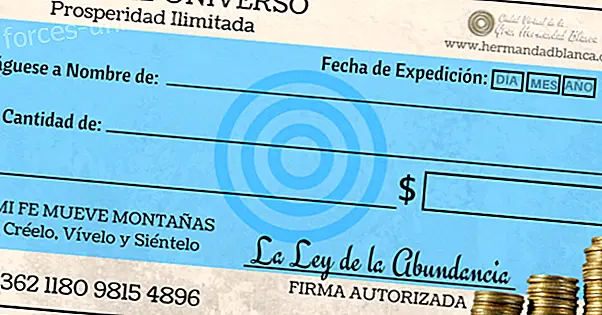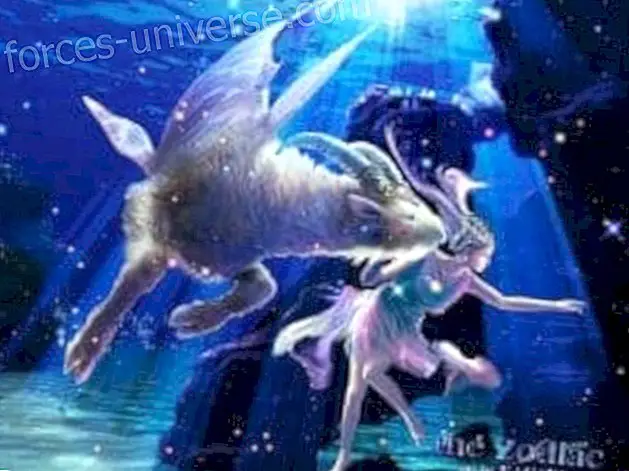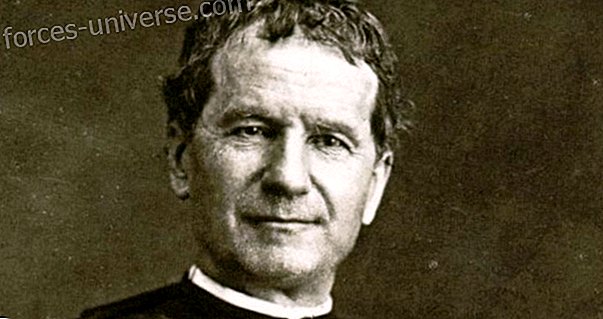
“There is no real birth or real death. It is the mind that creates and maintains the illusion of reality in this process, until it is destroyed by self-realization. ”
- Ramana Maharshi
Here is a Spanish translation of the transcript of the speech given by the Venerable Bhaddanta Indobhasa in 2006 in Burma . This in turn was translated into English by Jenny Ko Gyi, and transcribed and edited by Florian Dobson .
In this speech, the teacher tells us about the importance of knowing the mind and its objects in order to detach ourselves from the illusion.
To those who wish, here is the original transcript. I have had to take some licenses to translate the content as faithfully as possible to the message given by the Grand Master . I hope I can reach you in your greatest clarity.
Know the mind
That which comes in contact with the base of our mind is a mental object . Not in contact with the base of our eye (or any other of the senses), but with our mind - which we call Hand . Not knowing the true nature of the object is a concomitant illusion of the mind, which rise together (with the mind), and perish together, with consciousness.
Get rid of the illusion; and there will be no ignorance. If there is no ignorance, the element of peace will remain, Nibbana . The Nibbana is covered with names and concepts.
All that comes into contact with the basis of the mind are concepts. Dreams are also in contact with Mano. The continuous consciousness (life), and the attention placed on the objects, both consciousnesses are Hand, the mind.
In the contemplation of Dhamma or realities, you must also know Hand (mind) and mental objects. Know the mind, says the Buddha.
Know the objects, those for the development of samatha ( concentration ) and the signs or symbols used for the development of abhinnyana ( psychic powers ). These are also names and concepts.
The continuous awareness (life) and the attentive mind is Hand. In dreams there is also attention placed on objects. Know your mind If the mind is not known, there the ego rises. Not knowing Mano is the avijja (ignorance). Taking the mind as the ego is opinion. Know the mind.
The Concepts and the Absolute Truth
I am going there , it originates in our mind, but comes out of our mouth. I must go there . To speak is to verbalize to make others know things. It is rupa (matter). Talking about the world, about countries or cities are concepts. They will have names and forms. Talking originates at the base of our mind, speaking can only take place with Hand, not with the eye; It cannot be spoken through the eye. The eye cannot raise the rupa (matter).
The abdomen that rises and falls are concepts, observing the abdomen is also a concept, only the movement is paramattha (absolute truth). Being aware of the abdomen or sitting, shapes, contours, are concepts. Only the movement, the impulse, brought to movement is the paramattha.
Shapes and contours are concepts . Only the movement, which is characteristic of the vayo (air) element is the paramattha. That is what drives the animation. The heat, the warmth, when you feel feverish, when the fever reaches a high level, so high that ice is needed, all this is paramattha of the yew element (fire). There are no concepts in paramattha. Only when the nature of the element of heat is understood, is paramattha understood. Only when the element of impulse and movement are understood, is paramattha understood. The names alone are concepts. These are Hand objects.

The mind and its objects
Rough, thick or soft, these are the element pathavi (earth), meat are concepts. Meat can be known by the mind. This is pannyatti (names and concepts).
The object of kama citta (sexual desire) are also concepts. There seems to be shapes and contours. These are perceived by the eye, and this is kama Hand (sexual mind). This is an Hand object, know the mind and its objects . Well, these are concepts.
The object and concepts are the causes of ignorance . The concepts of objects raise ignorance. Know the objects of the mind. Most Hand objects are concepts.
Concepts and Nibbana are also objects of the mind . Also the Nibbana is an object of Hand.
Names, shapes and contours are concepts. Be aware so that attention does not fall on names and forms. Objects are concepts and what the Hand knows. Based on these two, mind and concepts, is that samyojana arises (attachment).
The Nibbana is where there is no attachment. Attachment exists related to the concepts. Concepts and attachment, if there are concepts, there is attachment. If there are no concepts, there is no attachment; if there is no attachment, the Nibbana is reached. Not having attachments is what we call Nibbana .
Opinion and longing
Where does attachment come from? Opinion is attachment. To perceive how 'hand *' is ditthi (opinion), to perceive how 'my hand *' is tanha (longing). 'Head' is opinion, 'my head' is yearning. Taking it as 'chest' is an opinion, taking it as 'my chest' is a longing. 'Legs' is opinion, 'my legs' is longing. These are all concepts.
From opinions and desires come actions . Physical, verbal and mental actions arise. Depending on the desires and opinions, taken by 'person' is an opinion. Taken by 'my person' it becomes longing. 'Citizens' is opinion, 'my (fellow) citizens' is a longing. 'Money' is opinion, 'my money' is yearning. The yearnings and opinions give rise to actions, actions that have yearnings and opinions.
Tanha (longing) ditthi (opinion), tanha is greed . Ditthi is the opinion. Both are mental formations or states of mind.
The action
What is the action? There are mental, verbal and physical actions. Mental actions are the cetana (intention), and in the intention there is yearning and opinion. If there is no yearning and opinion, then there is Nibbana. But this should be known first.
Know the matter. If it is 'my matter', then it is opinion and longing. When you move your hand, knowing it as a 'hand' is a concept. Knowing the movement is matter of the air element. In matter there is no 'hand *'. Discriminate between concepts and matter. Know that this is vedana (feeling), this is sannya (perception), this is sankara (will), this is rupa (matter).
Know the warmth, heat, movement, hardness, etc. Like molecules, you know that this is matter, this is the cause of matter . Externally, matter arises through the element yew (fire). The body arises through the awareness of action, the mind, temperature, ignorance, longing, attachment, and through nutrition, matter arises. If you can't recognize everyone, remembering just one is enough. Only when you know the cause and effect, the doubt is dispelled.

Nature
In the contemplation of mental objects, the commentator says that Dharma (* Translator's Note: Dharma is in Sanskrit, in the original it says ' Dhammo ' in Pali, both mean 'cosmic law') is also nature, the characteristic. Nature arises dependent on the cause. There is singing and you listen to the singing. You hit a gong and you hear the sound of the gong. A car passes by and you hear it.
Emerging dependent on the cause is nature. Know the emergence of consciousness . Knowing the emergence is udaya nyana .
Know the cause, know the emergence. Emerge dependent on the cause, this is the characteristic of nature . The ear of consciousness hears the sound. Hearing is the characteristic of nature. Knowing the emergence is udaya nyana.
Knowing the death is go nyana . If there is hearing, hearing is the object of the mind. The ear of consciousness hears sound only. Due to the cause the emergence occurs, this is nature. If the emergence is known, it is udaya nyana. If the death is known, it is go nyana.
Knowing only death is bhanga nyana, that is anicca (impermanence). Only when bhanga nyana is reached, the anicca is fully understood. Impermanence means that after the emergence there is nothing else. The former is not present, and that another has arisen in its place. Death is like mustard seed held on the tip of a needle. Instantly it must fall.
After arising, he dies. This impermanence is also an object of the mind.
This impermanence is only the object of wisdom, nyana, which has no illusion.
(* Translator's Note: Hand with capital letters is the Pali for Mind, with lowercase it is hand in Spanish.)
AUTHOR: Lucas, editor of the great family of HermandadBlanca.org
SOURCE: http://meditationmyanmar.blogspot.com/2011/10/know-mind-know-mano.html






